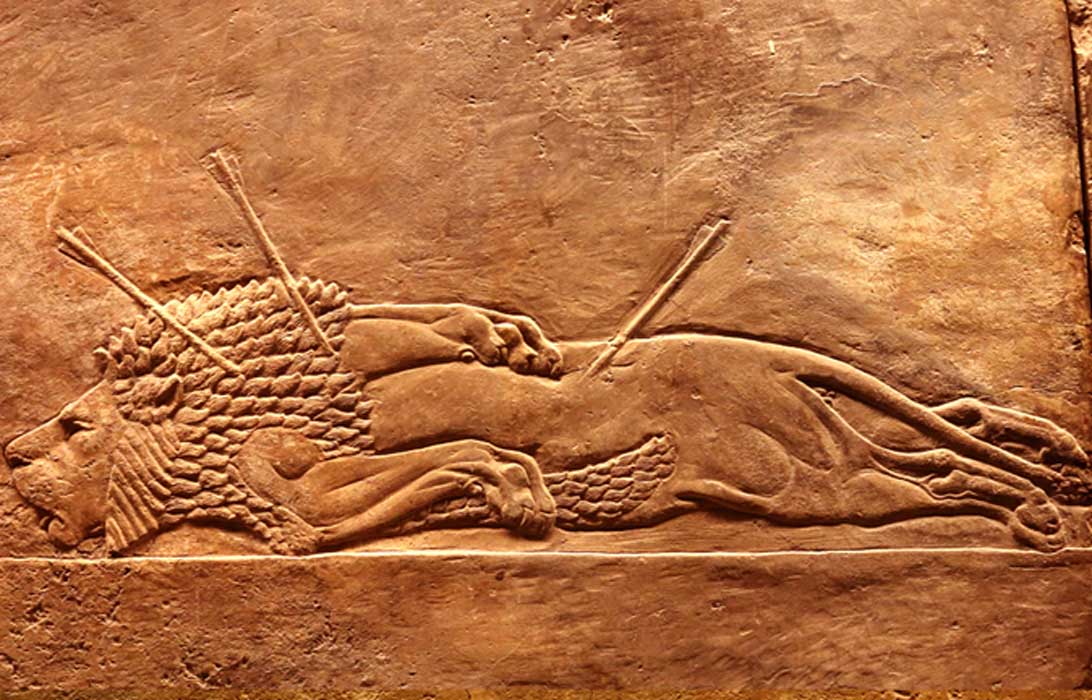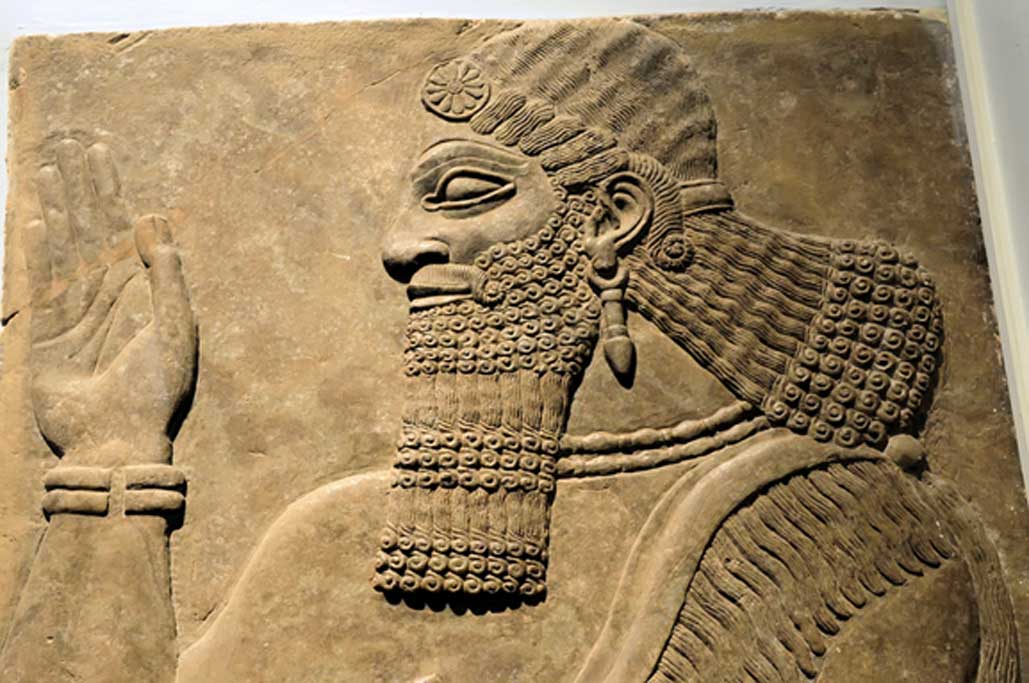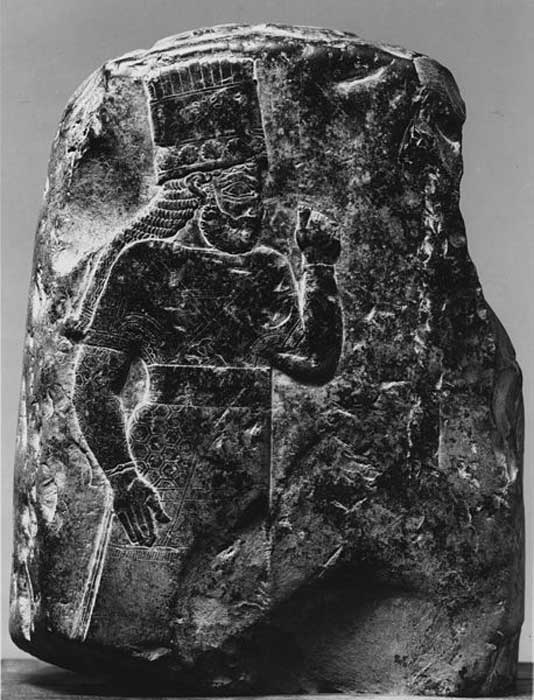
Hunting the Lions: The Last King of Assyria, and the Death of the Empire – Part II
The Assyrian empire, with the death of King Ashurbanipal, was collapsing under the weight of politics and war. Kingdoms and leaders previously held in Assyria’s great grasp fell upon the vulnerable empire, retaking land and gaining power.
One can argue that Assyria set itself back during the last years of Ashurbanipal’s life, since much of that period remains silent. With his death, those that ascended the Assyrian throne fared no better and yet worse than Ashurbanipal. With ineffective kings sitting on the Assyrian throne taking turns just as quick as they were seated, once prized holding such as Babylonia quickly slipped away from Assyrian control. This shift in power was a sign to other nations that neighbored Assyria that the time to challenge the former power was now. To hesitate could be costly and problematic if not all was put forth in bringing down their demise. The first of these woes for Assyria started with Nabopolassar, king of Babylonia.

Assyrian relief (CC BY 2.0)
Nabopolassar Invades Assyria!
It has been suggested that Nabopolassar invaded Assyria to revert the land back to how it had been; this had largely to do with redrawing the borders between Babylon and Assyria. Battles at the border became so frequent that Assyria started receiving help from the Egyptians and Mannaeans, and because of the strength of arms showing up for the fight, Nabopolassar most likely went on the offensive in order to hastily protect his interest.

Babylonian boundary stone. (Walters Art Museum/CC BY-SA 3.0)
In 616 BCE, Nabopolassar marched his forces out of Babylonia and into Assyria. Once in Assyria, Nabopolassar followed the Euphrates River, where he encountered the Suhi and Hindanu tribes who paid tribute to him.
- The Siege of Lachish: History from Both the Victors and Defeated
- Assyrian stele containing ancient curse will not be reunited with its other half
- Is the Assyrian Nimrud lens the oldest telescope in the world?
Three months later the Assyrians prepared for battle in the city of Qablinu. Once Nabopolassar got word that the Assyrians were nearby in Qablinu, he gathered his forces and advanced towards the city where he would do battle against the combined forces of the Assyrians and Mannea. Nabopolassar defeated them and took captive many of the Mannai who had aided the Assyrians in battle. The outcome of this battle relieved pressure off the border of Babylon with Assyria and at the same time secured the city of Uruk.




